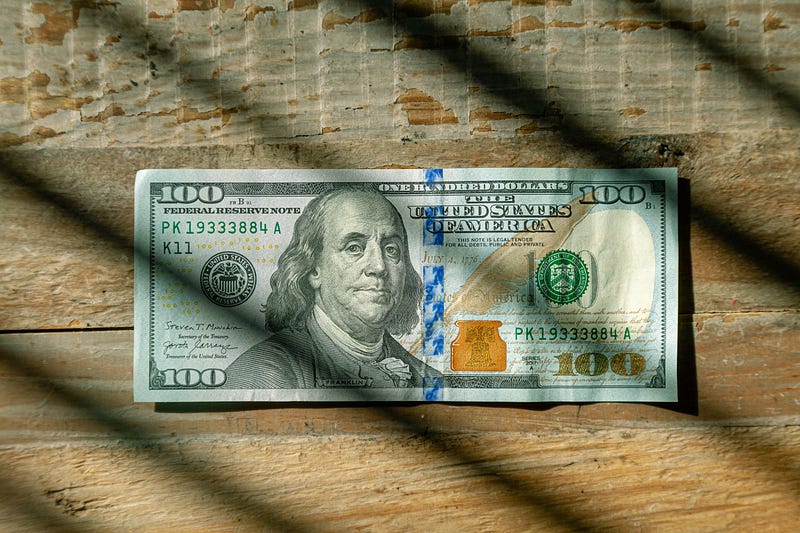How to apply the ‘principle of value asymmetry’ in every area of your life

Photo: Live Richer/Unsplash
Earlier this year, I stumbled upon a book called The Science of Getting Rich, written by a somewhat obscure author named Wallace D. Wattles back in 1910. While I’m still not sure that I’ll be getting rich any time soon, there’s one principle in the book that has stuck with me — something I’ve found useful not just in the context of wealth creation, but in every area of life.
Wattles writes:
You must so impress others that they will feel that in associating with you they will get increase for themselves. See that you give them a use value greater than the cash value you are taking from them.
Take an honest pride in doing this, and let everybody know it; and you will have no lack of customers. People will go where they are given increase.
I started referring to this as the principle of value asymmetry: In every interaction, aim to “get increase,” as Wattles put it — to provide more value to others than you get back from them. Doing this leverages an important tenet of social psychology: reciprocity. Simply put, most people are compelled to repay what they are given by others.
In 1974, the sociologists Phillip Kunz and Michael Woolcott conducted an experiment in which they mailed out handwritten Christmas cards to nearly 600 complete strangers. What happened next? About 20% of the recipients, still clueless about who the senders were, mailed their own cards back. They felt that they needed to reciprocate the gesture. Similarly, marketers spend a lot of time making sure customers feel they’re getting “more than what they’re paying for.” Because when they do, they often become loyal customers — maybe even investors. They commit themselves to helping you grow.
The same is true for all relationships, not just professional ones. About a year ago, I was having coffee with someone I had only recently gotten to know. At some point during the conversation, he asked “Is there anything that I can help you with?” The question caught me off guard, but it was so sincere that I came up with something. He ended up helping me think through a persistent issue that had been weighing on my mind. He provided me with value while expecting nothing in return. Now when he texts, calls, or emails, I make sure to reply. We’ve created a friendship by showing that we’re willing to create value for each other.
Now I’m constantly looking for situations where I can use value asymmetry. I ask people what they’re working on and I find things I can help with. When I do this, not only do I feel great, but good things tend to happen down the line. People stay in touch with me. Great conversations happen. Opportunities open up.
Creating value doesn’t even need to come in the form of grand gestures. You just have to go a little above and beyond. If someone emails you with a question, give them more than just the simple answer. If a friend pops into your head, send them an encouraging text for no reason. Make sure others know that — to borrow Wattles’ words — “in associating with you they will get increase for themselves.” Give them value that’s greater than anything you take for yourself, and watch what eventually comes back.